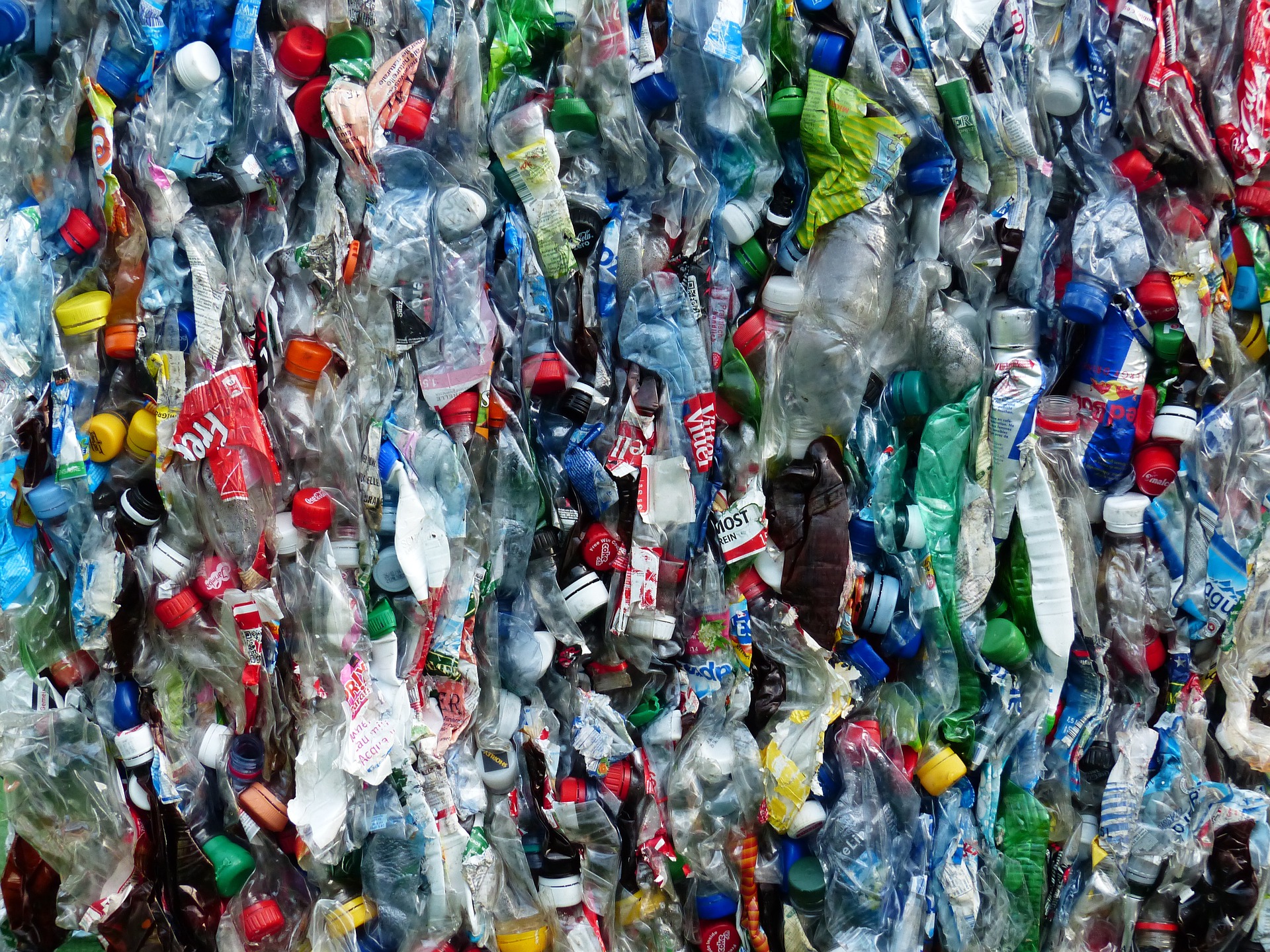
04 Aug Plastic Packaging Tax – don’t be caught out
If you manufacture or import plastic packaging you need to know about The Plastic Packaging Tax (General) Regulations, which were adopted into UK law on 1 April 2022 under The Finance Act.
The aim of the tax is to provide economic incentives for businesses to use recycled plastic in the manufacture or import of plastic packaging, which will create greater demand for this material. In turn this will stimulate increased levels of recycling and collection of plastic waste, diverting it away from landfill or incineration for heat recovery.
Who does it affect?
UK manufacturers or importers of more than 10 tonnes of plastic packaging and their business customers.
What does it say?
Any business that manufactures or imports plastic packaging that does not contain at least 30% recycled plastic and produces or imports more than 10 tonnes of plastic each year will have to submit figures and pay a tax on the plastic they use.
Plastic packaging components containing 30% or more recycled plastic are not liable for the tax. However, they still count towards the 10-tonne threshold for packaging a business manufactures or imports in a 12-month period, and records must be kept.
If the packaging is not predominantly plastic by weight, the tax does not apply – for instance, if the packaging is mostly cardboard, paper, glass etc with a small proportion of plastic. However, imported plastic packaging that does not contain 30% recycled plastic will be liable to the tax, whether the packaging is unfilled or filled. For example, if you’re importing foodstuffs or ingredients in packaging that is made from virgin plastic, the tax would apply.
What you can do to avoid paying the tax
Ensure that packaging you manufacture or import has 30% recycled content to avoid paying tax. This means looking at your own operations or contacting your supply chain in both the UK and overseas to provide evidence that the plastic meets this requirement.
For the purposes of Plastic Packaging Tax, all plastic is assumed to be made using non-recycled (virgin) material, unless there is evidence that recycled material has been used.
Opinion
This tax is welcome in principle because it should stimulate the demand for recycled plastic and may even spur manufacturers to reduce the amount of plastic packaging they use. But it does have a variety of areas that need to be ironed out. It doesn’t take into account the complexity of packaging supply chains. One product may have multiple components, some of which fall under the tax while others don’t – for example, ball deodorants, where the ball isn’t classed as coming under the tax, but the rest of the product packaging does.
In addition, it will be difficult to verify the recycled content of imported plastic packaging and some of the large manufacturers are choosing to take on the tax burden rather than try to unravel the supply chain to find evidence. This means that the tax won’t achieve a reduction in the use of virgin plastic but may result in consumers and other businesses bearing the brunt of increased prices due to increased taxes.
One of The Green Business Network’s more financially aware members also pointed out that businesses can be jointly and severally liable for taxes. We have yet to find out whether those buying products packaged in virgin plastic as part of a supply chain could be held responsible for non-payment higher up the chain.
For details and more information, visit https://www.legislation.gov.uk/uksi/2022/117/contents/made
